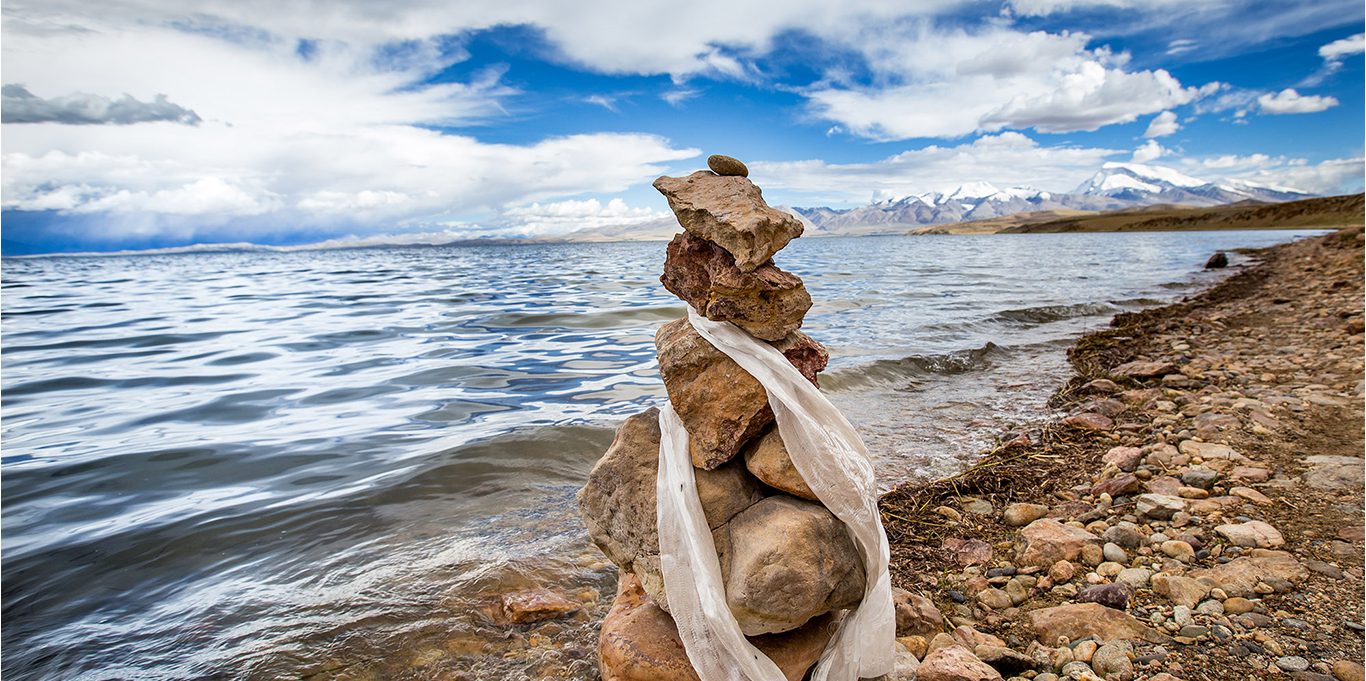This site uses cookies, as explained in our terms of use. If you consent, please close this message and continue to use this site.

We’re thrilled to welcome Izabella Koziell who joined the ICIMOD team at the beginning of June as our new Deputy Director General. She brings to the role a depth and breadth of experience working on a range of environment and development initiatives, in multiple management and leadership roles, and across policy, development and research, spanning topics critical for the Hindu Kush Himalayan region, including climate change, water scarcity, biodiversity loss, and land and ecosystem degradation. Izabella joins at an important moment for us institutionally as we review our past work and start planning for our next Medium Term Action Plan.
While a focus on matters internal will help us to structure ourselves in as agile and efficient a manner possible to continue to serve the region in maximally effective ways, matters external are also keeping our staff busy participating in important events and webinars organized by partners and our member countries. Some highlights from the past month include support for World Environment Day 2021 celebrations hosted by Pakistan, an event focusing on financing green mountain tourism in HKH, as well as on revitalizing ethnic cuisine for better nutritional outcomes in our region, to name a few.
The situation has changed from a couple of months ago, when there were uncontrollable forest fires and high pollution levels across parts of the Himalaya including parts of Bhutan, the Indian Himalaya Region, and Nepal. The causes were extremely dry conditions, following a particularly dry winter season, which created conditions for one of the worst wildfire seasons in recent years. Now, the monsoon season has brought heavy rains and flooding events across the hills and mountains of our region, affecting communities and their livelihoods. To understand and better prepare for future disasters we continue our work on disaster risk reduction, flood early warning systems and our Regional Flood Information System.
This past month, we celebrated World Environment Day whose theme was #GenerationRestoration, calling for us to strengthen our efforts to protect existing ecosystems, and work towards restoring what we have lost. Be it forests, habitats, springs, wetlands, pastures or rangelands, we must work towards restoring and maintaining them to the best of our abilities, if we wish to continue benefiting from them in the long term. The mountain communities of our region have always depended on nature and its offerings – this is what defines us, gives us our unique identities, and will determine our ability to survive under increasing threats from climate change and other drivers.
Depending on nature, though, has its tradeoffs as we can see from an example from our region, the collection and trade of yartsa gunbu (Ophiocordyceps sinensis). Many of our region’s mountain communities depend on this seasonal activity and trade which experienced a boom of overwhelming demand. While good for income generation, that boom also led to overexploitation of the fragile highland environments. Just a couple of weeks ago, we received news from Bhutan that ten yartsa gunbu collectors lost their lives to landslides and flood. This is not only unfortunate but also avoidable. While our mountain communities will likely continue to depend on nature and the environment for their livelihoods, it is also important that weather and disaster-related advisories reach them in a timely manner. We are seeking to develop customized climate service advisory packages through our Climate Services initiative, a team of whom have recently published a news piece related to work pursuing the goal of localized climate services in Chitwan, Nepal.
As our individual and collective struggles with the COVID-19 pandemic continue, we at ICIMOD continue with our commitments to our work in support of the wellbeing of HKH environments and people.
Stay up to date on what’s happening around the HKH with our most recent publications and find out how you can help by subscribing to our mailing list.
Sign Up